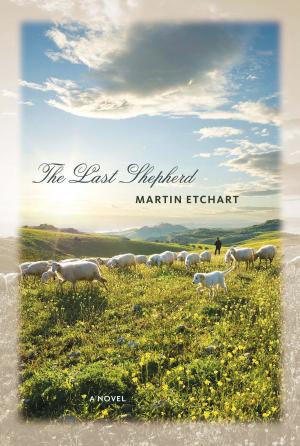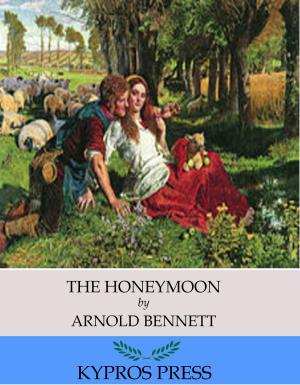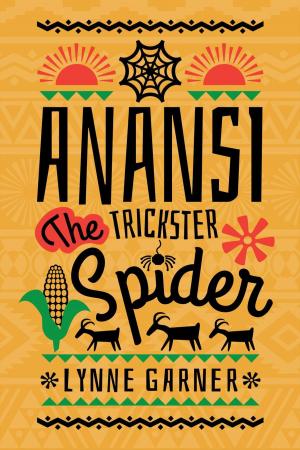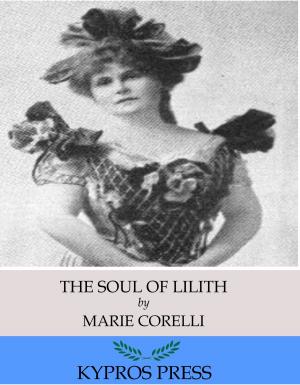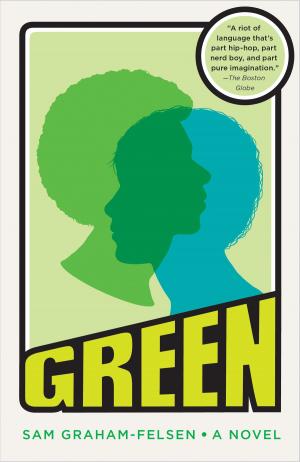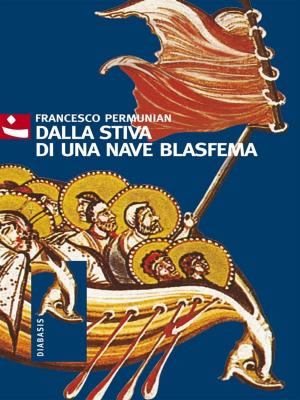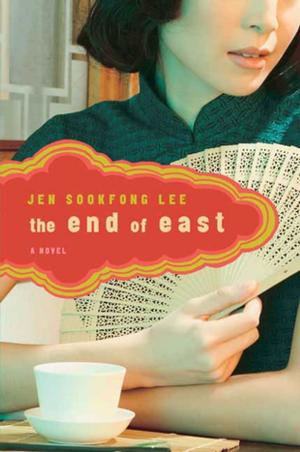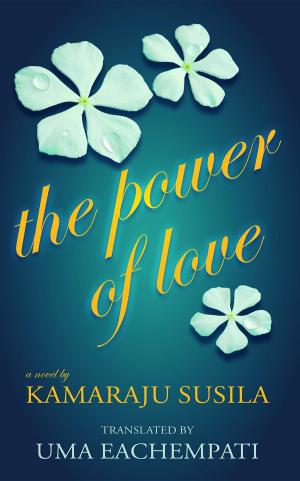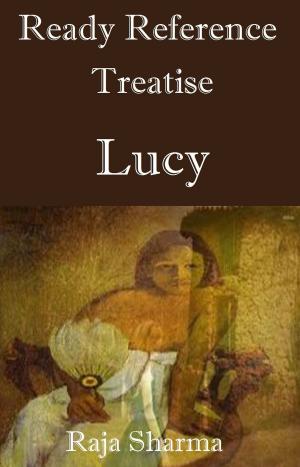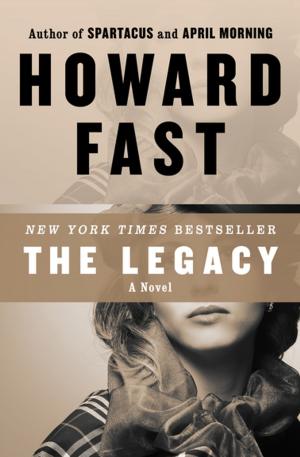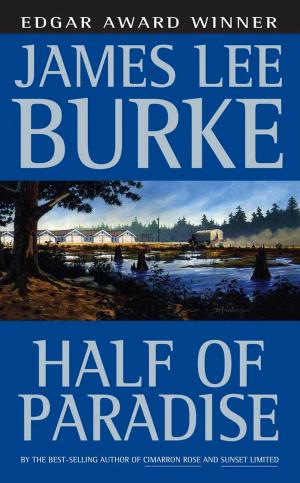| Author: | Clive Cooke | ISBN: | 9780463695883 |
| Publisher: | Clive Cooke | Publication: | October 5, 2018 |
| Imprint: | Smashwords Edition | Language: | English |
| Author: | Clive Cooke |
| ISBN: | 9780463695883 |
| Publisher: | Clive Cooke |
| Publication: | October 5, 2018 |
| Imprint: | Smashwords Edition |
| Language: | English |
The story “Justice” is set during the eighties when opposition to the status quo was becoming more and more intense. People in the countryside had to choose between supporting the traditionalists or the activists. Sometimes, members of one family chose different sides.
“The Wisdom of Solomon” poses the question whether a strict interpretation of the law is necessarily in the best interests of a victim. A baby is kidnapped shortly after birth. Fifteen years later her biological parents are discovered. Should she be returned to her true family who are strangers, or should she remain with the couple who stole her?
“Relativity” is a humorous story about polygamy.
“Protest” is set during the final days of the Apartheid era. A British couple immigrates to South Africa shortly after the Second World War. They are successful and hugely patriotic about their new country. But, there is a fly in the ointment. The country is going through a difficult period of change and unwittingly they are caught up in the process.
“Marriage à la Mode 1” is a humorous tale about being caught up in the bureaucrats’ red tape. Nomvula loses her identity documents. When she applies for new ones, she discovers that officially she is married to a foreigner she has never met.
“Marriage à la Mode 2” is a serious story about a man who cannot marry his girlfriend because of the laws of the day banning mixed-race marriages. Instead, she poses as his servant. Come the day when the law changes, he still treats her like a servant.
“Hot Chocolate” is the name of a group of township jazz artists. The story relates to the ability to cope with fame and money at a young age. History may be repeating itself when a young girl decides to follow her aunt’s example and become a singer.
“The Bird That Made Milk” is the re-telling of a Xhosa fable.
Just be careful when buying that bargain of a lifetime. You might get more than you bargained for. “A Bargain” is a ghost story, supposedly true, told to the writer by a close relative. It has been expanded and dramatized.
“Fervour” is about the religious sects popular with the working class. They meet in the open and are led by charismatic preachers.
“Devil’s Peak” is the writer’s preferred explanation of the cloud that covers Table Mountain (Cape Town) when the South-Easter blows. Forget all that scientific stuff about barometric pressure, temperature and dew point.
“The Co-Operative” follows the trials and the successes of peasant women who survive by tilling the soil.
“Cricket, Butterflies and Things” is a compilation of anecdotes told to the writer by his father who played in the only cricket game ever to have been stopped by an invasion of butterflies onto the field. The story is set during the miners’ strike of 1921.
‘Malawi Gardener” is about xenophobia.
‘Can You Smell the Rain?” is a story about the People of the Little Carts, the poorest of the poor, invisible and marginalized. They travel around the countryside in their carts looking for work. A farmer’s young son decides to see the outside world. He comes from a hard-working but inward-looking society and has never met the People of the Little Carts before. When he does, the experience changes him.
The story “Justice” is set during the eighties when opposition to the status quo was becoming more and more intense. People in the countryside had to choose between supporting the traditionalists or the activists. Sometimes, members of one family chose different sides.
“The Wisdom of Solomon” poses the question whether a strict interpretation of the law is necessarily in the best interests of a victim. A baby is kidnapped shortly after birth. Fifteen years later her biological parents are discovered. Should she be returned to her true family who are strangers, or should she remain with the couple who stole her?
“Relativity” is a humorous story about polygamy.
“Protest” is set during the final days of the Apartheid era. A British couple immigrates to South Africa shortly after the Second World War. They are successful and hugely patriotic about their new country. But, there is a fly in the ointment. The country is going through a difficult period of change and unwittingly they are caught up in the process.
“Marriage à la Mode 1” is a humorous tale about being caught up in the bureaucrats’ red tape. Nomvula loses her identity documents. When she applies for new ones, she discovers that officially she is married to a foreigner she has never met.
“Marriage à la Mode 2” is a serious story about a man who cannot marry his girlfriend because of the laws of the day banning mixed-race marriages. Instead, she poses as his servant. Come the day when the law changes, he still treats her like a servant.
“Hot Chocolate” is the name of a group of township jazz artists. The story relates to the ability to cope with fame and money at a young age. History may be repeating itself when a young girl decides to follow her aunt’s example and become a singer.
“The Bird That Made Milk” is the re-telling of a Xhosa fable.
Just be careful when buying that bargain of a lifetime. You might get more than you bargained for. “A Bargain” is a ghost story, supposedly true, told to the writer by a close relative. It has been expanded and dramatized.
“Fervour” is about the religious sects popular with the working class. They meet in the open and are led by charismatic preachers.
“Devil’s Peak” is the writer’s preferred explanation of the cloud that covers Table Mountain (Cape Town) when the South-Easter blows. Forget all that scientific stuff about barometric pressure, temperature and dew point.
“The Co-Operative” follows the trials and the successes of peasant women who survive by tilling the soil.
“Cricket, Butterflies and Things” is a compilation of anecdotes told to the writer by his father who played in the only cricket game ever to have been stopped by an invasion of butterflies onto the field. The story is set during the miners’ strike of 1921.
‘Malawi Gardener” is about xenophobia.
‘Can You Smell the Rain?” is a story about the People of the Little Carts, the poorest of the poor, invisible and marginalized. They travel around the countryside in their carts looking for work. A farmer’s young son decides to see the outside world. He comes from a hard-working but inward-looking society and has never met the People of the Little Carts before. When he does, the experience changes him.

